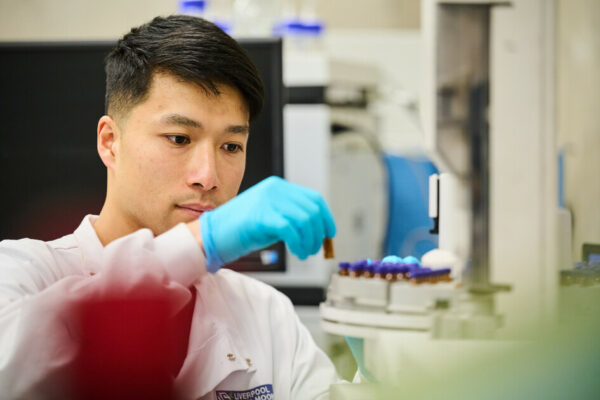A potential new treatment for facioscapulohumeral muscular dystrophy (FSHD), called delpacibart braxlosiran (del-brax), has shown encouraging results in an early-stage clinical trial.
New FSHD treatment shows early promise in clinical trial

In people with FSHD, a gene called DUX4 is mistakenly switched on. This leads to a harmful build-up of the DUX4 protein, which causes muscle damage and weakness. Del-brax is designed to reduce the effects of DUX4 by interfering with how it is turned on and processed. This could help slow down the progression of FSHD.
What did the trial show?
The early trial, known as FORTITUDE, involved 39 adults with FSHD. Participants were randomly given del-brax or a placebo (dummy treatment) over 12 months.
The researchers found:
- People who received del-brax had less decline in movement and muscle strength than those who received the placebo.
- Levels of creatine kinase, a marker of muscle damage, were lower in those treated with del-brax.
- Researchers also saw lower levels of a protein called KHDC1L in people who received del-brax. KHDC1L levels increase when DUX4 is active, so lower levels suggest that del-brax may be reducing the effects of DUX4 in the body.
- The treatment appeared to be safe overall, but some participants did experience mild or moderate side effects, such as fatigue.
Next steps
While these results are promising, this was a small trial. More research is needed to confirm that del-brax works and is safe in a larger group of people with FSHD.
The company developing del-brax, Avidity Biosciences, have announced plans for a larger, phase 3 clinical trial called FORWARD. The trial will involve 200 people with FSHD across America, Europe and Japan. The trial is currently being set up.
We’ll continue to keep you updated on del-brax and the FORWARD trial as more information becomes available.
You can read the full press release here.


